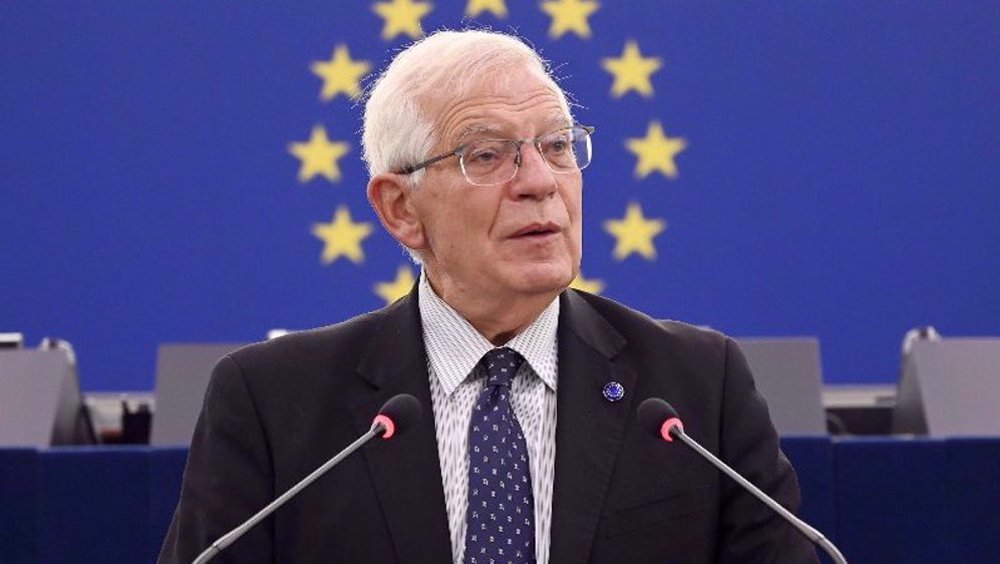Polish parliament adopts contested Supreme Court reform
Polish lawmakers have adopted a controversial reform of the Supreme Court, despite days of street protests, concern from the opposition over judicial independence and EU threats of unprecedented sanctions.
The lower house of parliament, which is controlled by the ruling conservative Law and Justice (PiS) party, on Thursday voted 235 to 192, with 23 abstentions, in favor of the law giving the justice minister power to select candidates for the court.
The measure is only the latest in a slew of contested judicial reforms that the PiS says are necessary to make the judicial system more effective and fight against corruption.
But Grzegorz Schetyna, leader of the centrist opposition party Civic Platform (PO), denounced the Supreme Court reform earlier on Thursday as "a rampant coup."
The European Commission's vice president, Frans Timmermans, for his part, bluntly warned the changes "considerably increase the systemic threat to the rule of law" in Poland.
"Collectively, they would abolish any remaining judicial independence and put the judiciary under full political control of the government," he said Wednesday.
He had warned Warsaw that if it did not suspend the reforms, the Commission could move towards halting Poland's voting rights in the 28-nation bloc further down the line, a so-called "nuclear option" that the EU had never invoked.

The measure still needs to be adopted by the senate, also controlled by the PiS, and signed by President Andrzej Duda to become law.
The PiS came to power in late 2015 after eight years in the opposition and promptly began introducing changes in areas like the judiciary and the media that critics have called bids to consolidate power.
The EU first warned Poland in early 2016 over reforms of the constitutional court, whose main role is to check that laws comply with the constitution. Those changes resulted in tilting the make-up of the court in the conservatives' favor and installing a PiS ally as the chief justice.
Tens of thousands of people took to the streets in Warsaw and other cities across Poland this week to demonstrate against the Supreme Court reform, as well as two other pieces of judicial legislation.
Last week, both houses of parliament adopted legislation stipulating that from now on the parliament will choose the members of the National Council of the Judiciary, which oversees the selection of judges and is meant to protect the independence of the courts.
They also adopted a second bill stating that the justice minister will name the chief justices of Poland's common courts.
(Source: AFP)
VIDEO | Former FBI agent criticizes US Congress for 'outright corruption'
IRGC chief urges Muslim countries to cut aid routes to Israel
'New chapter in cooperation': Iran, Venezuela sing new MoUs
Jordan sentences former lawmaker for supporting Palestinian resistance
Basij volunteer forces hold massive drills in southwestern Iran
Israeli war criminals 'not welcome', US city says after ICC ruling
US vetoing of Gaza ceasefire resolution ‘disgraceful’: Iran’s UN envoy
VIDEO | IAEA adopts anti-Iran resolution tabled by E3









 This makes it easy to access the Press TV website
This makes it easy to access the Press TV website